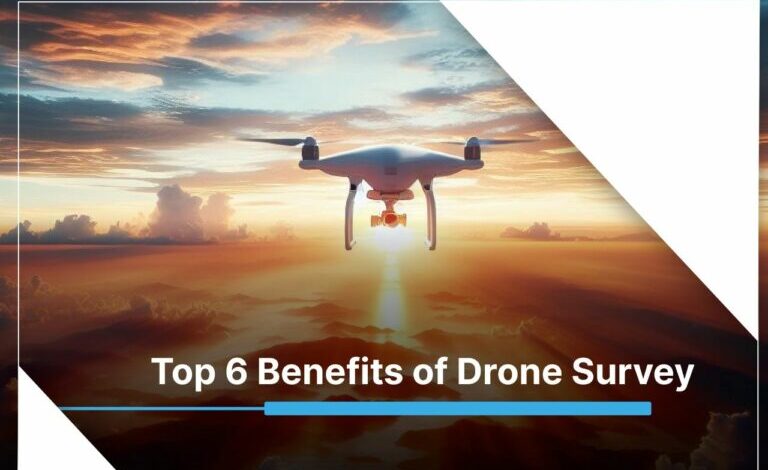Elevating Investments: The Financial Benefits of Drone Technology

In today’s rapidly evolving tech landscape, drones, or unmanned aerial vehicles (UAVs), have surged from a niche hobby to a cornerstone in various industries, significantly impacting how businesses operate financially. The advent of drone technology presents a unique blend of opportunities and challenges, particularly in the realm of finance. As industries harness drones for everything from agriculture to real estate, the phrase drone on finance has taken on new meaning, referring to the ongoing dialogue about the economic benefits and financial implications of drones.
This article explores how drones are revolutionizing investments and the financial benefits they bring to businesses across the board.
Enhancing Efficiency and Reducing Costs
One of the most significant financial advantages of drone technology is its ability to enhance operational efficiency while reducing costs. In sectors like agriculture, drones provide farmers with detailed aerial views of their fields, enabling them to assess crop health, monitor irrigation, and manage resources more effectively. This precision farming technique minimizes waste of water, fertilizer, and pesticides, translating into lower operating costs and increased crop yield. The savings on resources, combined with the improved output, significantly enhance the return on investment for farmers, positioning drone technology as a financially savvy choice in the agricultural sector.
Improving Accuracy and Quality of Data
Drones are pivotal in industries where data collection and analysis are crucial. For example, in construction and infrastructure, drones offer a bird’s-eye view, making it easier to inspect large sites and monitor progress without the heavy costs and risks associated with traditional methods. Drones can quickly scan an area and generate accurate, high-resolution images that help in creating detailed 3D models. These models are invaluable for tracking changes, planning logistics, and maintaining project timelines, which help in budget management and reduce financial risks due to delays or unforeseen issues.
Opening New Revenue Streams
The versatility of drones opens up new avenues for generating income that were either too costly or impossible before their integration. In the media and entertainment industries, drones have revolutionized photography and videography by making aerial shots more accessible and affordable. This capability has created a new niche in the market, catering to clients who seek dynamic aerial footage for events, real estate showcases, and commercial advertising. As demand grows, businesses that invest in drone technology can tap into these new revenue streams, enhancing their financial portfolio.
Enhancing Security and Monitoring Capabilities
Drones also play a crucial role in security and surveillance, providing cost-effective monitoring solutions that were traditionally manned by security personnel or complex camera systems. Industries such as logistics, retail, and even public safety utilize drones for real-time monitoring, significantly reducing the manpower and financial resources typically allocated to security. For example, drones can patrol a warehouse, manage inventory, and track assets with minimal human intervention, reducing the likelihood of theft and loss. The reduction in security costs coupled with improved asset management directly impacts the bottom line favorably.
Reducing Insurance Premiums and Claims
In the insurance sector, drones assist in assessing property damage for claims, especially in areas that are unsafe or inaccessible to human inspectors. By providing detailed and accurate assessments quickly, drones help expedite the claims process, reduce the need for re-inspections, and minimize the risk of fraudulent claims. Additionally, the use of drones can potentially lower insurance premiums for businesses as they mitigate risks and improve the accuracy of risk assessment models.
Facilitating Regulatory Compliance and Risk Management
Compliance with regulatory standards can be a costly affair for businesses, especially in environmental or public safety domains. Drones aid in these sectors by providing regular monitoring and data that support compliance with environmental regulations, like monitoring pollution levels or wildlife populations. This capability reduces the risk of non-compliance fines and legal issues, which can have substantial financial implications. Moreover, drones help in risk management by providing data that can predict and mitigate risks, whether they be environmental disasters or structural failures.
Streamlining Logistics and Delivery
The potential of drones to transform the logistics and delivery sector is vast. Companies like Amazon are already experimenting with drone delivery systems that promise to reduce delivery times and costs associated with last-mile delivery. As drone delivery networks become more sophisticated, they could significantly decrease the logistical costs of transporting goods, particularly in urban areas where traditional delivery methods face bottlenecks.
Summing Up
The phrase “drone on finance” embodies the ongoing conversation about how drones are not just technological marvels but also financial catalysts. From reducing operational costs and opening new revenue streams to improving data accuracy and aiding regulatory compliance, the financial benefits of drone technology are profound. As regulatory landscapes evolve to accommodate more sophisticated drone operations, businesses across industries would do well to consider how drones could be integrated into their financial strategies to harness these benefits. The financial elevation that drones promise is just beginning, and for savvy investors and entrepreneurs, the sky is indeed the limit.



